
News – 2017
October 23, 2017
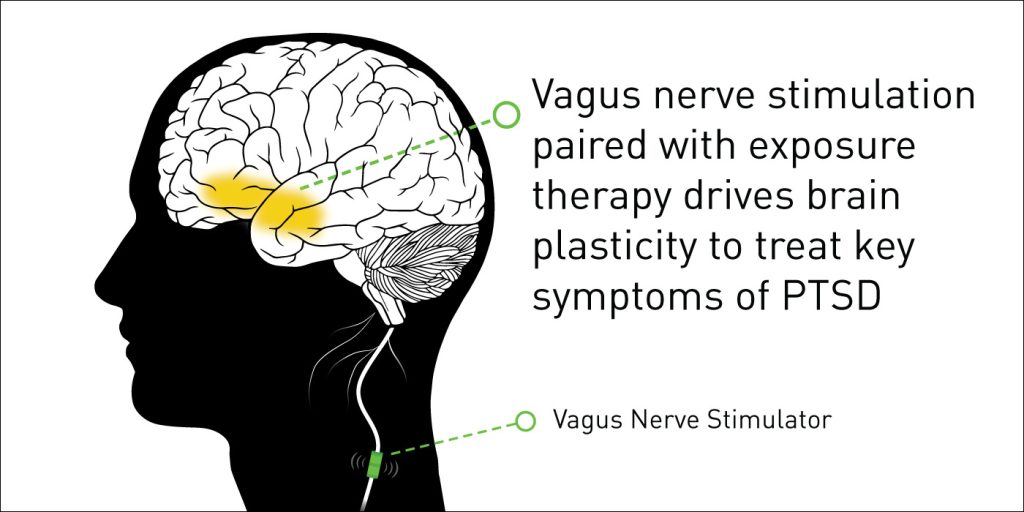
Study: Vagus Nerve Stimulation Shows Progress Against PTSD Symptoms
Researchers at The University of Texas at Dallas are exploring how mild stimulation of the vagus nerve could help alleviate symptoms of post-traumatic stress disorder (PTSD), a complex condition that can cause debilitating anxiety and mental anguish.
July 16, 2017
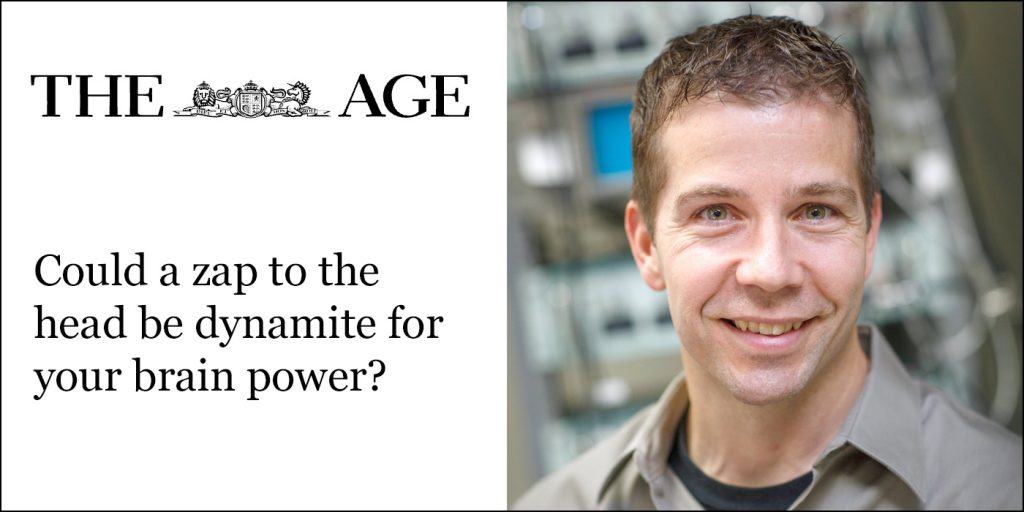
Could a zap to the head be dynamite for your brain power?
“The brain works on the principle of surprise,” says Dr. Michael Kilgard, a professor in the School of Behavioral and Brain Sciences at The University of Texas, whose team received $5.8 million of the DARPA funding. “So when you’re walking along and you stumble upon a snake it’s surprising – ‘Oh my god, something just happened, I need to pay attention, I need to learn this.'”
May 4, 2017

Zap! Can Electrical Stimulation Help Us Learn?
Dr. Michael Kilgard, a professor in The University of Texas at Dallas’ School of Behavioral and Brain Sciences, is leading an effort to discern how stimulating a nerve in the neck influences volunteers’ ability to learn and retain a foreign language, like Swahili.
April 26, 2017
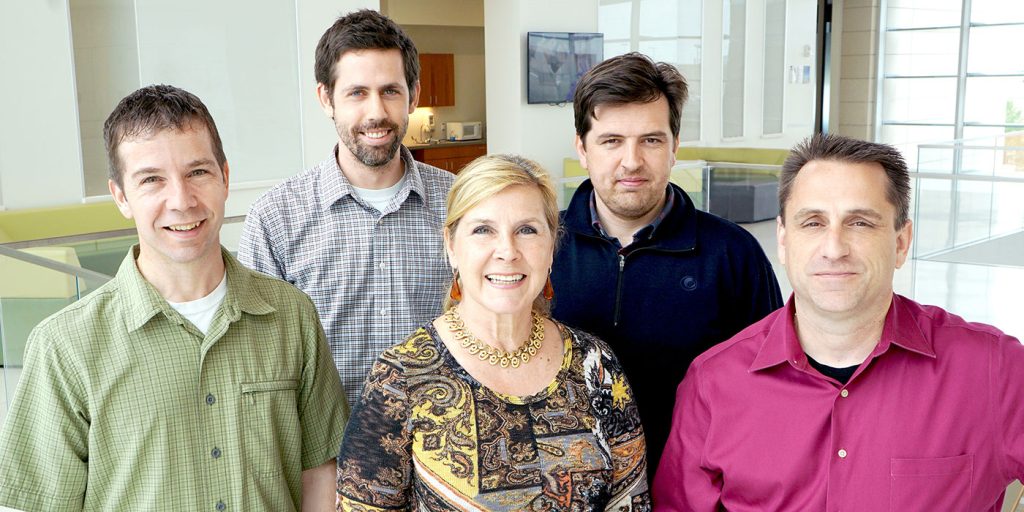
Contract to Help Speed Up Researchers’ Accelerated Learning Project
Researchers at the Texas Biomedical Device Center (TxBDC) at The University of Texas at Dallas have been awarded a contract worth up to $5.8 million from the Defense Advanced Research Projects Agency (DARPA) to investigate a novel approach to accelerate the learning of foreign languages.
April 26, 2017

DARPA funding eight separate research efforts looking into ‘synaptic plasticity’
Researchers are working to identify the physiological mechanisms that could make the brain more ‘adaptive’ during the learning process when stimulated. This could, for example, be used to speed up the process of learning foreign languages. A team at the Texas Biomedical Device Center at The University of Texas at Dallas are studying this effect, after being awarded a contract worth up to $5.8 million from DARPA.
April 26, 2017
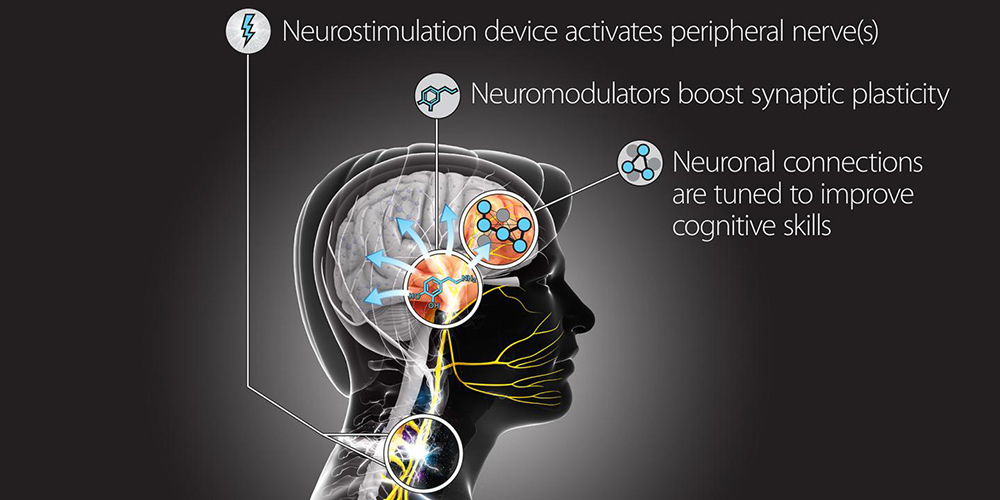
TNT Researchers Set Out to Advance Pace and Effectiveness of Cognitive Skills Training
In March 2016, DARPA announced the Targeted Neuroplasticity Training (TNT) program, an effort to enlist the body’s peripheral nervous system to achieve something that has long been considered the brain’s domain alone: facilitation of learning. The primary goal of the TNT program is to understand the basic mechanisms linking neurostimulation to plasticity. Applying that knowledge, TNT technology will be designed to safely and precisely stimulate peripheral nerves to control synaptic plasticity at optimal points during cognitive skills training.
April 26, 2017

DARPA Wants to Hack Your Brain to Make You Learn Faster
If the brain is just a bunch of wires and circuits, it stands to reason that those components can simply be re-wired in order to create a better, smarter us. At least, that’s the theory behind a new project from the military’s secretive DARPA research branch, which aims to enhance human cognitive ability by activating what’s known as “synaptic plasticity.”
March 28, 2017
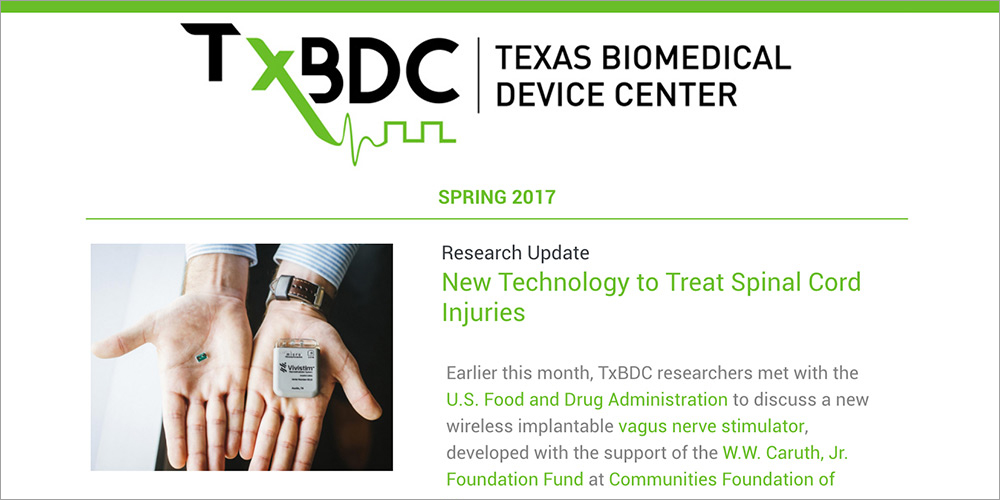
TxBDC Newsletter – Spring 2017
Check out the Spring, 2017 newsletter for the latest research, publications and upcoming events.
March 1, 2017
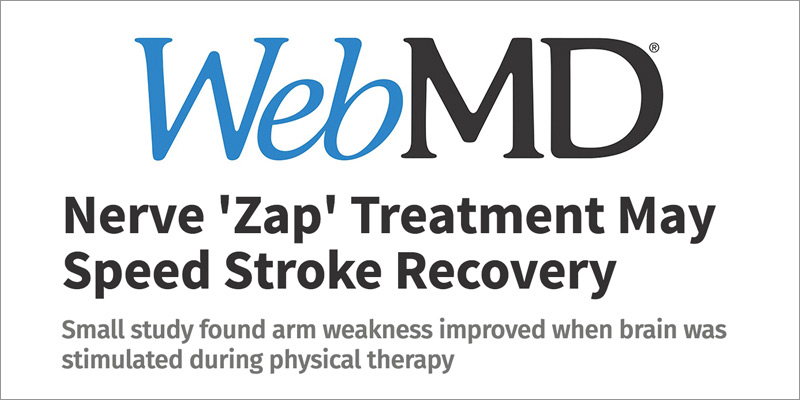
Nerve ‘Zap’ Treatment May Speed Stroke Recovery
Positive results from our VNS stroke trial were well received this year at the International Stroke Conference in Houston. After evaluating 17 stroke patients with chronic arm weakness, scientists found that three-quarters improved with vagus nerve stimulation (VNS) along with intense physical therapy.
February 24, 2017
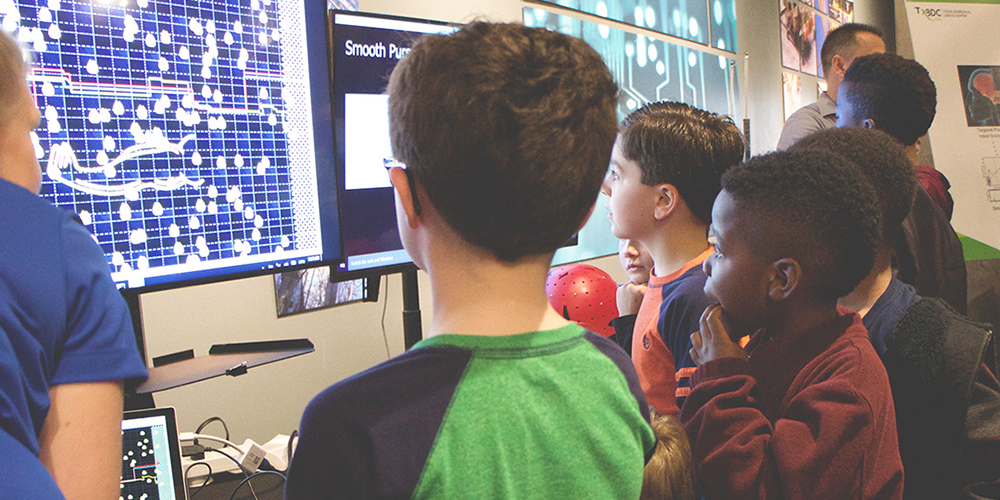
Students Learn About Neuroplasticity Through Video Game
Students, educators and families from all over Dallas-Fort Worth visited the Perot Museum for Engineer’s Week to explore the field of engineering. They enjoyed interactive demonstrations, experiments and gallery experiences with professional engineers and educators. TxBDC was there with our Neurotriage, EyeKinetx System and a newly developed video game that helps kids understand how Targeted Plasticity Therapy works.
